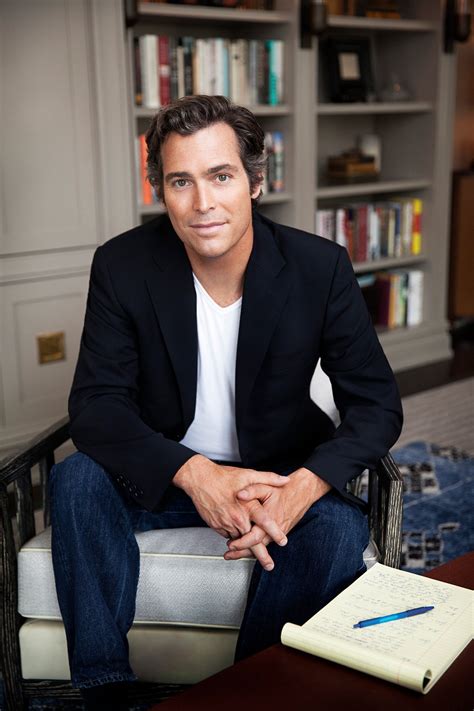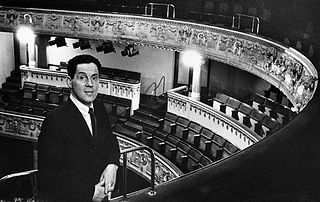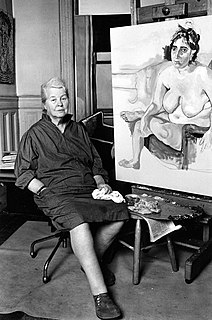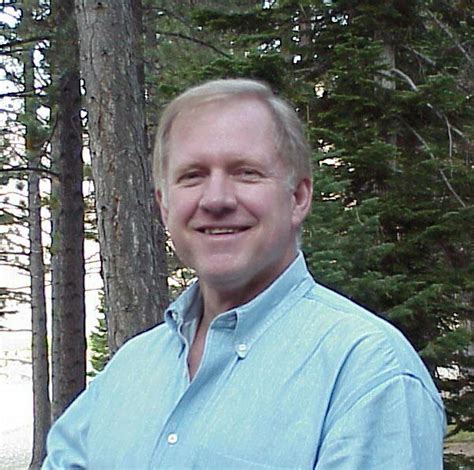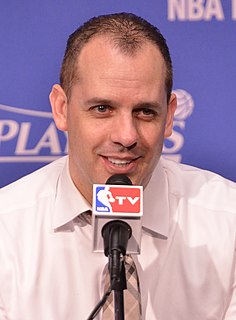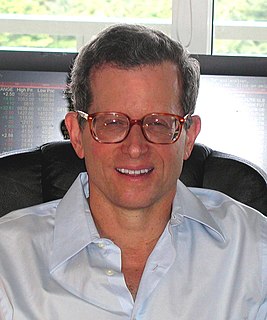A Quote by Nassim Nicholas Taleb
Also, it's good to have more than one profession, in case your own profession goes out of style. A Wall Street trader who's also a belly dancer will do a lot better than a trader who winds up driving a taxi.
Related Quotes
We who are in the arts are at the risk of being in a popularity contest rather than a profession. If that fact causes you despair . . . pick another profession. Your desire to communicate must be bigger than your relationship with the chaotic and unfair realities . . . We have to create our own standards of discipline.


